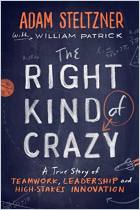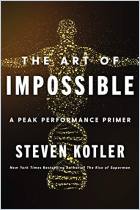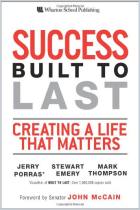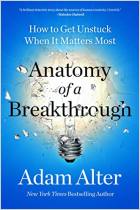
Article
New Horizons Scientists Were Masters of the Long Haul
Here’s How People Stick with Extremely Long-Term Goals
The Conversation,
2018
Recommendation
Many know the basics of reaching short-term goals. Goals need to be specific, measurable and achieveable in a certain amount of time. What about goals that take decades or even lifetimes to reach? The research is sparse, but a new study by management professors Bruce Barry and Thomas Bateman explores how people stay motivated as they work to pursue long-term goals. Anyone working toward an uncertain future goal or struggling with motivation would benefit from this compelling article.
Summary
About the Authors
Bruce Barry, PhD, is a management and sociology professor at Vanderbilt University. Thomas Bateman, DBA, is a management professor at the University of Virginia.











Comment on this summary